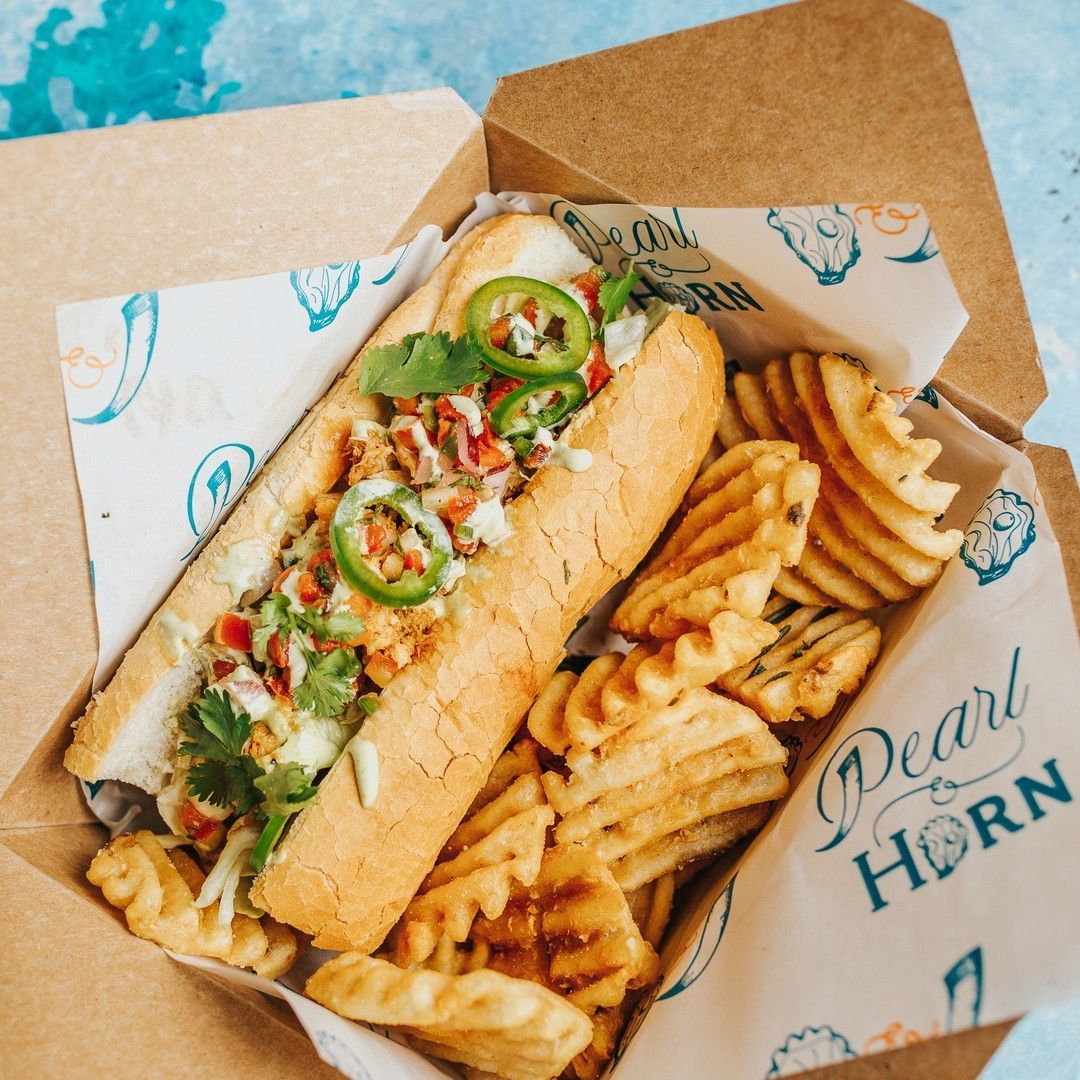noissue Custom Food Wrapping Paper by @pearlandhorn
We're all aware of the importance of reducing our environmental impact, but what does that have to do with food packaging? A lot, it turns out. Food and food packaging materials are responsible for nearly half (45%) of all municipal solid waste (the garbage in landfills) in the United States, according to The US Environmental Protection Agency.
Think about how many times a day you use some type of food packaging that can't be recycled or composted. Whether it's the wrapper on a burger, a styrofoam container that carries the food, or the plastic bag that brings it all together, unsustainable food packaging is everywhere.
So what does sustainable food packaging look like? And how can businesses make the switch to more environmentally responsible options? Let's find out!
What is sustainable food packaging?
Sustainable food packaging is defined as: "The use of packaging that seeks to reduce environmental impact throughout its life cycle while maintaining food safety and quality."
The life cycle of food or hospitality packaging includes:
- Sourcing materials
- Manufacturing
- Distribution
- Disposal.
Disposal is often the most problematic stage for the environment, as most food packaging is not compostable or recyclable. This means that it ends up in landfills, where it releases methane gas, a greenhouse gas that is far more potent than carbon dioxide. It may also end up in our oceans, where it can harm marine life.
Why do we need sustainable food packaging?
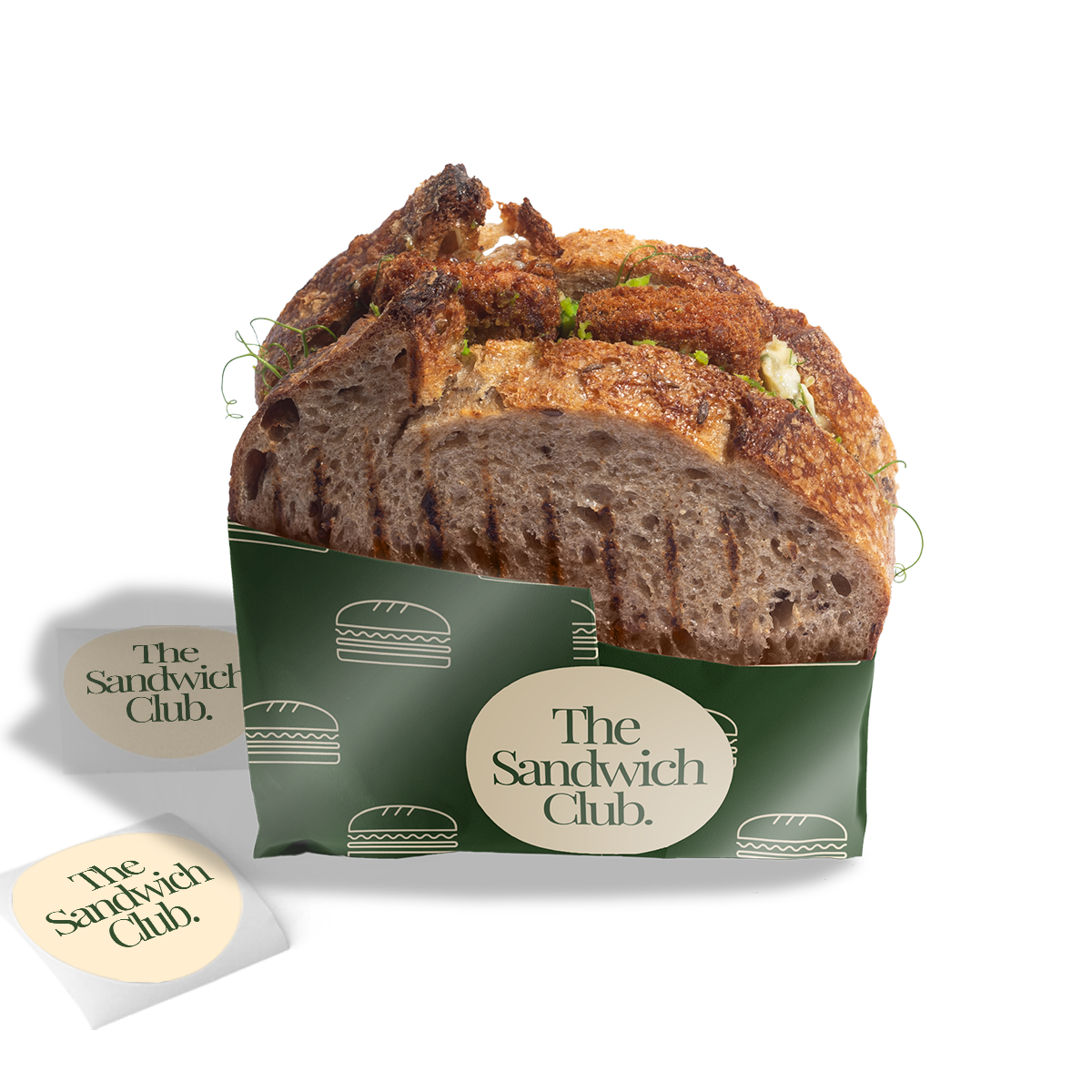
Not all food businesses have made the switch to sustainable packaging yet, and you might be wondering if it’s the right move for your brand. There are several reasons why we need to start using sustainable packaging. The most important one is to be responsible in our business processes and reduce our environmental impact.
As we mentioned before, food packaging is a major contributor to landfill waste and also adds to greenhouse gas emissions. In addition to this, the production of unsustainable food packaging uses non-renewable resources, like oil to make plastic.
Making the switch to sustainable packaging reduces our impact on the environment and our reliance on fossil fuels, which sets us up for a better future. If we continue to use traditional packaging methods, we will eventually run out of resources.
Sustainable food packaging is made from circular materials that are renewable, recyclable or compostable. This means that there's less strain put on our planet's resources, and virgin materials are kept out of circulation in favor of reusable ones.
The environment aside, it's also important to consider the human impact of unsustainable food packaging.
For example, low-quality plastic packaging can leach chemicals into food over time, which harms our health. Sustainable packaging is usually made from materials that are food safe and non-toxic, so you can be sure that your food is not being contaminated.
What are some of the most common types of sustainable food packaging materials used today?
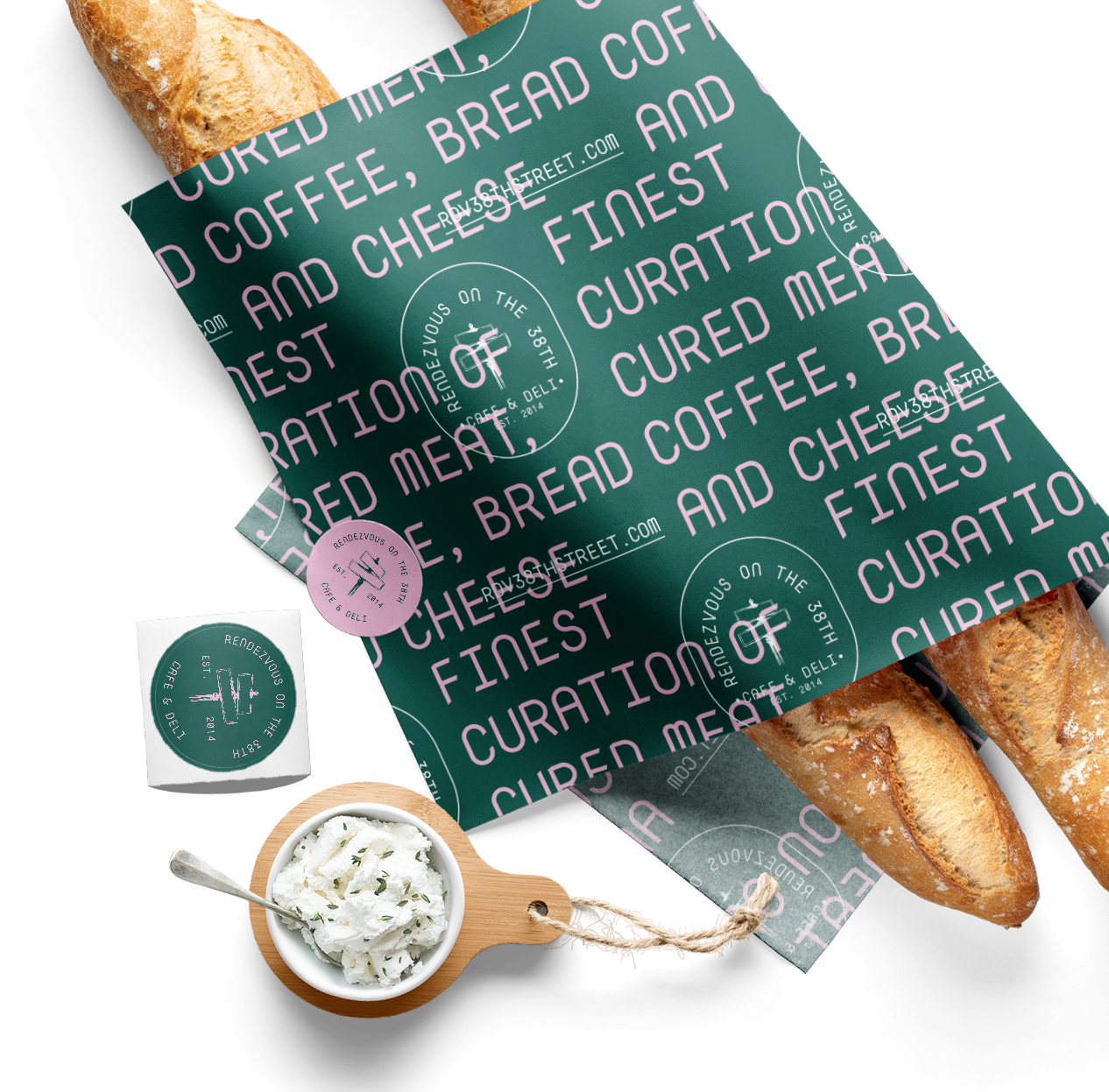
There are many different types of sustainable food packaging materials used today, but some of the most common include:
- Compostable Food Wrapping Paper (Also known as Parchment Paper)
- Recyclable Coated Greaseproof Paper (Also known as Butcher Paper)
- Recyclable Coasters
- Recyclable Sandwich Bags
- Recyclable Takeout Bags with handles.
Recycled paper is a popular choice for food and hospitality packaging, as it's strong and durable. Plus, with noissue's grease-resistant coating on our Butcher Paper, it's perfect for holding greasy, hot foods like burgers and fries.
Advantages of using sustainable food packaging
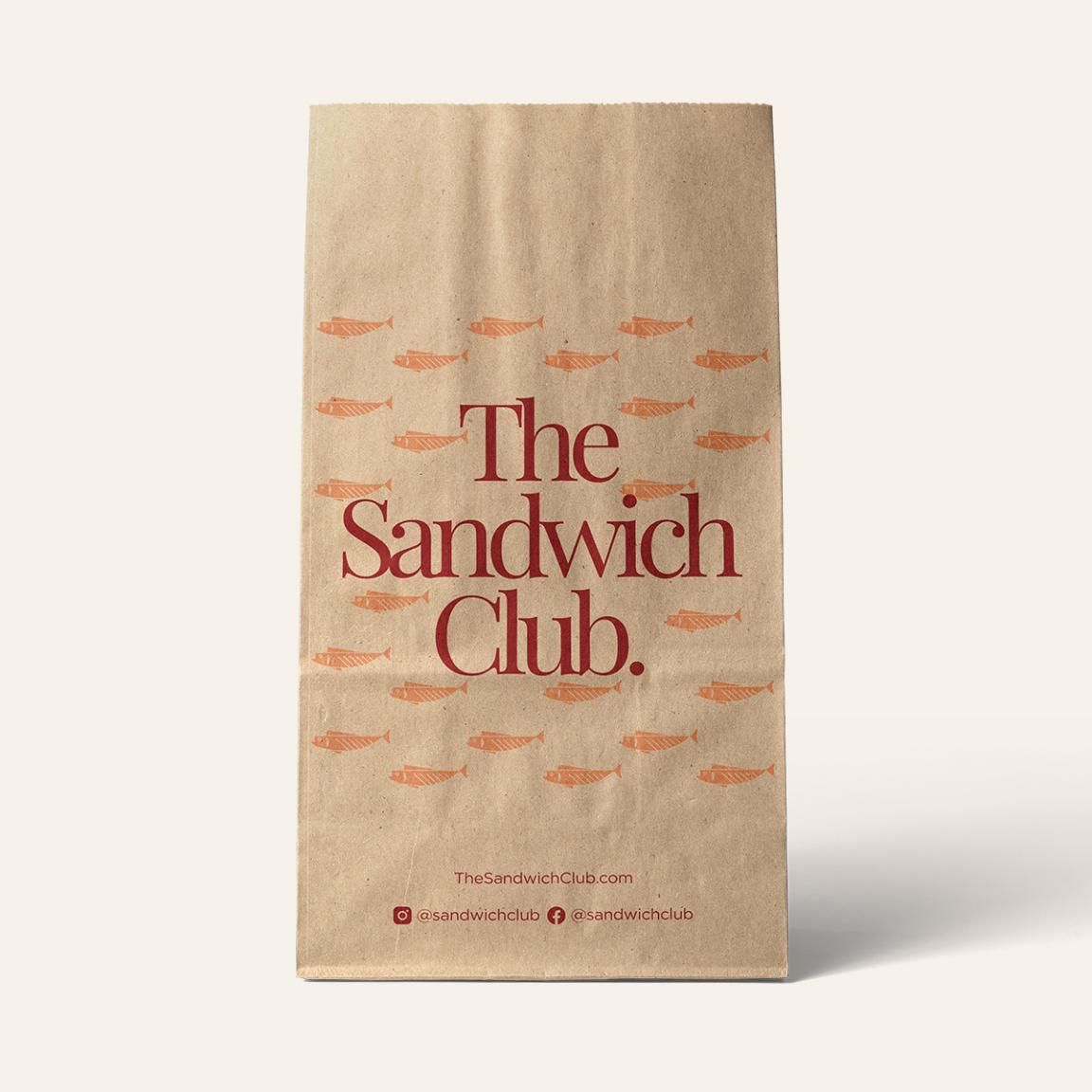
There are many advantages to using sustainable packaging, not only for the environment but for your business too.
1. Your brand will resonate with a wider customer base
More and more shoppers are becoming aware of the environmental impact of their purchases, and some are actively looking for businesses that share their values. By using sustainable packaging, you can show your customers that you value the environment, which can help you attract new business.
In addition, sustainable packaging often comes with a certification that you can use to market your business. For example, our products are certified compostable and recyclable, and this is communicated on many of our packaging products so your customer knows the right end-of-life disposal.
2. It keeps your customer safe
If materials or chemicals are bad for the environment, you can guarantee they're not that great for humans, either! Sustainable food packaging is usually made from materials that are food safe and non-toxic. This is important for food businesses, as you need to be sure that your packaging is not contaminating the food. Cheaper is not always better when it comes to food packaging, as you could put your customers at risk.
3. It saves money in the long run
Sustainable packaging is not only better for the environment, but it can also save you money in the long run. Consider it a better long-term, future investment, as traditional packaging is usually made from materials that are not renewable. This means that the price will go up as the resources become scarcer (petrol prices, we're looking at you!)
Sustainable packaging is made from renewable materials that can be recycled or replenished, so you won't have to worry about rising prices. In addition, sustainable packaging is often designed to be reused or recycled, so you might not even have to keep buying new packaging.
4. It enhances the customer experience
Plastic food packaging is generally not the most aesthetically pleasing. Your customers will be impressed with the customizable look and quality materials used in sustainable packaging, and they'll appreciate that you've taken the time to consider their experience.
Sustainable packaging is often more robust than traditional packaging, as it's designed to be reused or recycled. This means that your food will stay fresh and intact, and your customers will be able to enjoy it to the fullest.
The future of sustainable food packaging
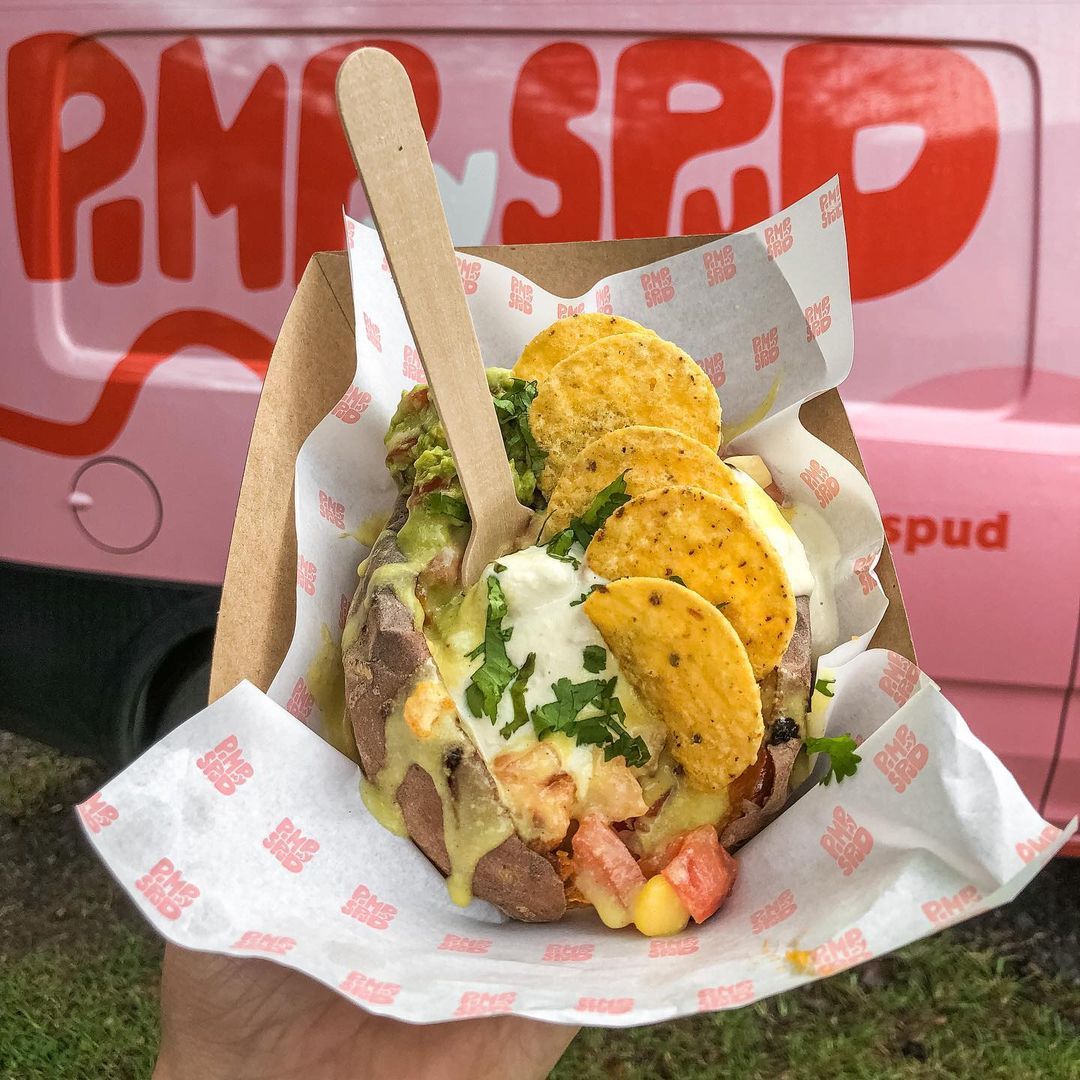
As more food businesses switch to sustainable packaging, the options will become even more diverse. We're already seeing a trend towards reusable packaging, as good recycling facilities are widespread worldwide and customers are becoming more aware of the need to reduce waste and recycle.
In the future, we expect to see even more innovative sustainable packaging solutions that will help businesses save money while protecting the environment. So, if you're looking for a way to do your part, get ahead of the curve now and consider sustainable food packaging for your business.
We understand that making the switch can be daunting, but we're here to help! Here are some more articles to help you on your way as you navigate sustainable food packaging:
Butcher Paper vs. Parchment Paper: Which One Do I Use for My Business?
Reasons to Never Use Plastic Sandwich Bags Again as a Business
How Customizable Take-Out Bags Help Businesses Create a Lasting Impression
